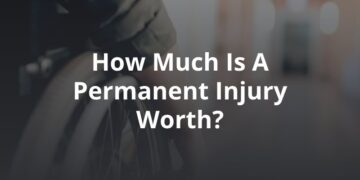Health insurance plays an important role in assessing a personal injury claim. Under the contract you have with your health insurance provider (or per statute if you utilize Medicare, Medicaid, or a Medicare Advantage Plan), your insurance company has a right to sue an at-fault driver (or other negligent person) for your injuries, so that it can recover any money it spent paying for medical care associated with your injury. This process is called “subrogation.” You are also contractually bound to pay your health insurance provider back, if you recover money from an at-fault person. This is often called the “subrogation interest.”
To sue on your behalf would be very costly and time-consuming to your health insurance provider. Thus, most health insurance providers prefer that either you or your attorney collect that money for them, then pay them back. Oftentimes, your health insurance provider is willing to actually reduce its subrogation interest, because in collecting money for you, your lawyer is also collecting money for them.
An example of subrogation:
- Suppose you are hit by a driver carrying $100,000 in bodily injury liability coverage.
- Your health insurance pays the hospital $60,000 for the treatment.
- Your lawyer obtains the full $100,000 from the at-fault driver’s insurance company.
- Technically, your health insurance company is entitled to recover $60,000.
- However, your insurance company might agree to take $40,000 because your Austin personal injury lawyer collected that money for them.
What about Medicare or Medicaid?
Things are more complicated when dealing with government-funded health care, such as Medicare. In the above example, Medicare might be less willing to reduce its subrogation interest and might feel entitled to more than the $60,000 it paid the hospital, if there is a chance you will require future medical care as a result of the accident. Since most insurance companies will make a settlement check payable to you and your health insurance provider, Medicare will refuse to endorse the settlement check until many months after your accident, just so they can be reimbursed for any and all medical treatment related to the accident.
*The law changes constantly. This information is not intended to be legal advice. Speak with an injury lawyer first before you take any actions.







